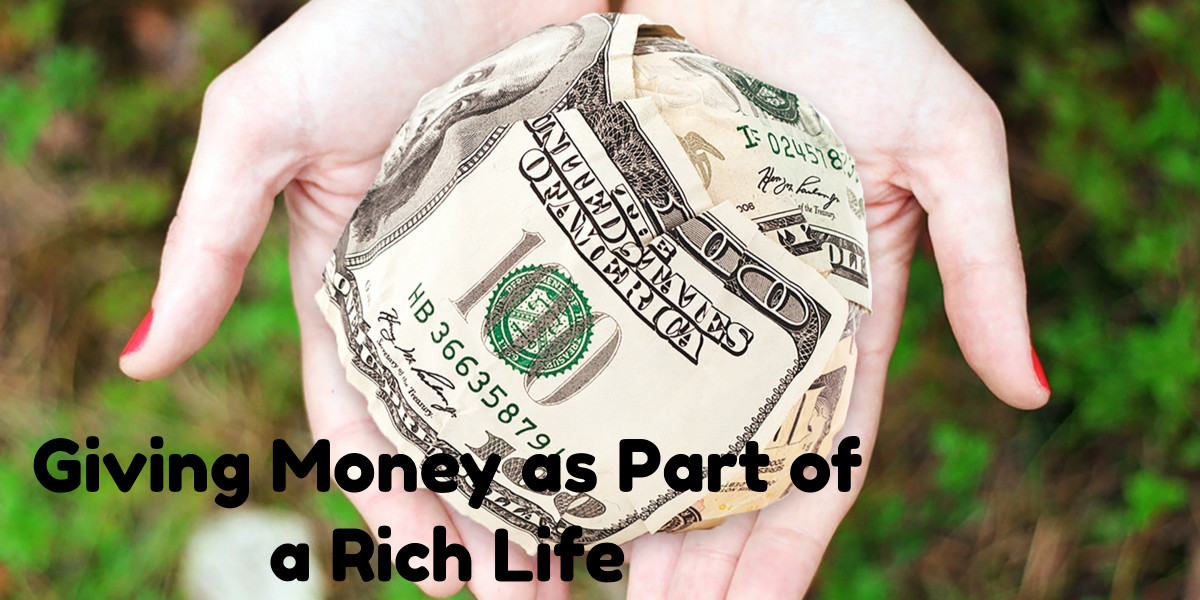
1) Winning the game isn’t about willpower. It’s hard as hell saving more out of brute force. Cutting down on going out with your friends, not ordering dessert or appetizers, making sure you don’t go over on your data plan, all this is taxing as hell, decisions that you have to make multiple times a day while society is jabbing at you to buy more while you are trying to spend less, you’re set up to fail. No amount of willpower can win the forces of social pressures and subliminal advertising. You wage a battle on it, you’re screwed.
Instead, set up systems so that the money is automatically saved. Set up a tangerine account (in fact, if you really want to, let me know, so I can send you a code and we can both make $50). Set it up so that you’re automatically putting money away. You will then start adjusting your lifestyle to fit in the budget that you do keep automatically. You might screw yourself in the first month, but you’ll learn to adjust.
2) Don’t spend more than you make. If you do, that by definition makes you in debt. Or you’re dipping into savings (which unless it’s an investment, whether soft or hard, don’t do it). If you make $2000/mo, and spend $2100/mo, that means you’re in $1200 in debt. That seems like a pretty stupid place to be in, and with that mentality, you’re likely always going to be in debt unless you change.
3) Pay yourself first. Related setting up a system, make sure money goes to savings/investments before you spend it. Force yourself to live within your means. You’ll find ways of cutting out expenses. It’s a lot easier to cut down when you have to, versus when you want to.
4) Focus on big wins. Don’t try and cut down on food here or there, coffee here or there, the cheaper toothpaste. Those are decisions you make everyday, multiple times a day. You’ll get decision fatigue. Instead, call your internet provider and ask them for a deal or you’ll cancel. Look up other internet companies and say you are switching cause X company is cheaper. Every internet company always has a 6 month promotional deal, take it. Now you saved $20/mo for 12 months, $240/yr, in 20 minutes, and move on with your life, now call your cell phone provider and do the same thing.
5) Spending begets spending. A few months ago, I finally got some extra money and bought a Crossfit membership that I’ve wanted to do for about 5 years now. It costs $180/mo. Except then I needed a new pair of shorts, cause my newest pair are 6 years old. Then I needed a new workout top, cause my newest one was older than my shorts. Then a couple weeks later, I saw another top on sale, so I bought that one. I want to so badly buy a pair of hand grippers at $40 each. My Nike Free’s weren’t good enough for squats, cause they have an elevated heel, so I bought a pair of Reebok trainers that have a flat heel. I have a list of other things that I want to buy now too.
The more you buy, the even more you buy (does that even make sense?). You need the matching counterpart. You need the accessory. You need something to match it. Spending almost always begets spending. Anytime you buy something nice, just remember, you’re not only going to be buying that one thing, you’re buying everything around it to upkeep it as well.
6) Spend money on what matters, and cut out the rest. Having things is nice. I like nice things, I really do. You probably can’t afford to have everything nice in life. It’s unrealistic for us at this point in our lives to have everything nice. So spend money on what makes you most happy. And cut out the rest of your expenses. If spending time with your friends is what you love doing most, then go out and eat and drink all you want. If clothes don’t matter, then don’t spend on it, or on a nice car, or nice furniture, or a nice phone, a new bag, whatever. Learn to focus your money on what brings you the most happiness, and cut out the rest!
7) Own less.
- “It is preoccupation with possessions, more than anything else, that prevents us from living freely and nobly. – Bertrand Russell
- These individuals have riches just as we say that we have a fever, when really the fever has us. — Seneca
- The things you own, end up owning you. — Tyler Durden
8) Houses. A few notes on purchasing a home.
- “Property” are not good investments. Property CAN be a good investment.
- Do your research. This purchase is 10-30x the price of the other biggest purchase in your life (car). 10-20 hours of research is NOT ENOUGH for such a large decision. Realize how big of a purchase this is.
- Know the fees. Strata, property taxes, maintenance, new furniture, these are all regular costs of your home. Don’t forget about the fees! If you don’t create a spreadsheet before you figure out what you can afford, I’m just gonna say it, that’s stupid.
- Homes require leverage. That basically means in the beginning, IF your property increases in value, your investment increases a lot! IF your property decreases in value, your investment decreases, A LOT!
- Know the opportunity cost (what you give up). You could’ve taken the money and invested it elsewhere, where it’s diversified (less risky), and in a TFSA/RRSP/RothIRA/401k, you aren’t being taxed.
- Everyone thought property was a great deal in 2007 … ask them what they thought in 2008.
9) Don’t pay for (high) fees. Fees is Wall Street’s scheme to tell you to put money in their pocket for nothing. “You should invest in our mutual fund, because it out performs the market”. That doesn’t take into account the 2.5% fees they charge. Which, if the fund goes up 7% (average year for the stock market), they just took 36% of your profits. Except they didn’t even have to put up any money for risk. And they don’t even need to do well to collect it, they just do.
Trading fees – get a Questrade account, trades are $10. At most financial institutions, they are $30. If you made a $1000 trade, you just lost 3% automatically. Make it 1%.
Management fees – buy a ETF (exchange traded fund), Vanguard charges 0.2% fees (a tenth of mutual funds). Questrade has $0 transaction fees for ETF’s.
10) Follow a smart investing strategy. I would say, if you don’t have an information advantage, don’t buy stocks. If you don’t know how to value a company, don’t buy a stock. Don’t buy a stock by looking at historical prices (don’t buy a Sega Genesis for $10 because it was once $150). Don’t buy a stock if you look at the daily prices. Don’t buy a stock if you plan on selling it in the next few years.
Just don’t buy stocks in companies (with few exceptions). Cause you and I probably aren’t smart enough to win the game.
If you do decide to trade, you inherently are saying that “I’m better than the average investor, and can get better gains myself”. Because that’s who you are playing against, all the other investors. Considering 90% (I guesstimate) of the people actually buying stocks are people who do it for a living, you are essentially saying you are better than those people, even though you don’t work on Wall Street.
So now that I’ve convinced you, now find a strategy that works. I’ll share with you what Warren Buffet prescribes:
My advice to the trustee could not be more simple: Put 10% of the cash in short-term government bonds and 90% in a very low-cost S&P 500 index fund. (I suggest Vanguard’s.) I believe the trust’s long-term results from this policy will be superior to those attained by most investors – whether pension funds, institutions or individuals – who employ high-fee managers.
If all that’s too complicated for you, and you still want to invest quickly, “hire” someone here. You basically have a person that invests ETFs for you. Just give them the money and pay low fees. Much better than any financial institution will offer you, and will outperform them too.




